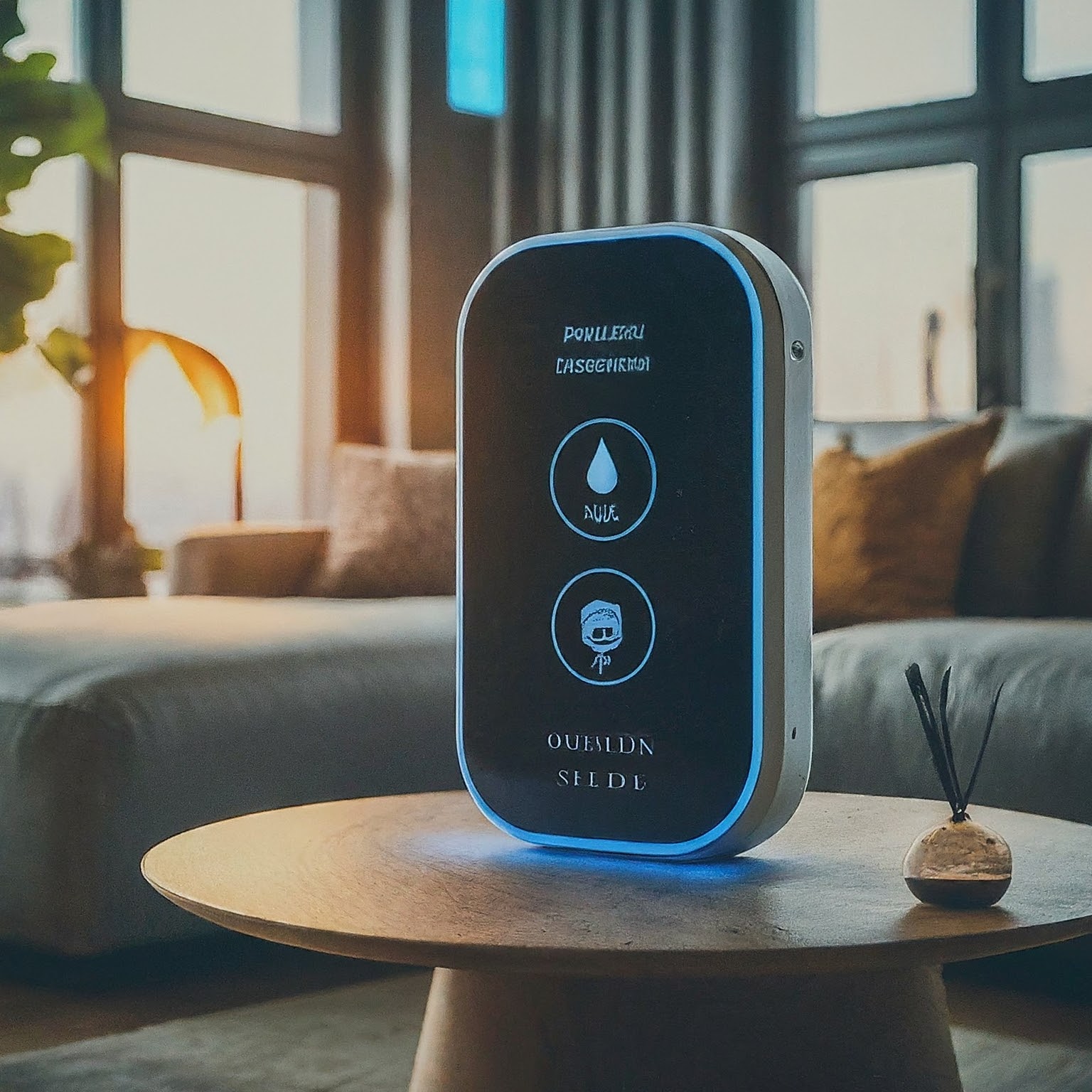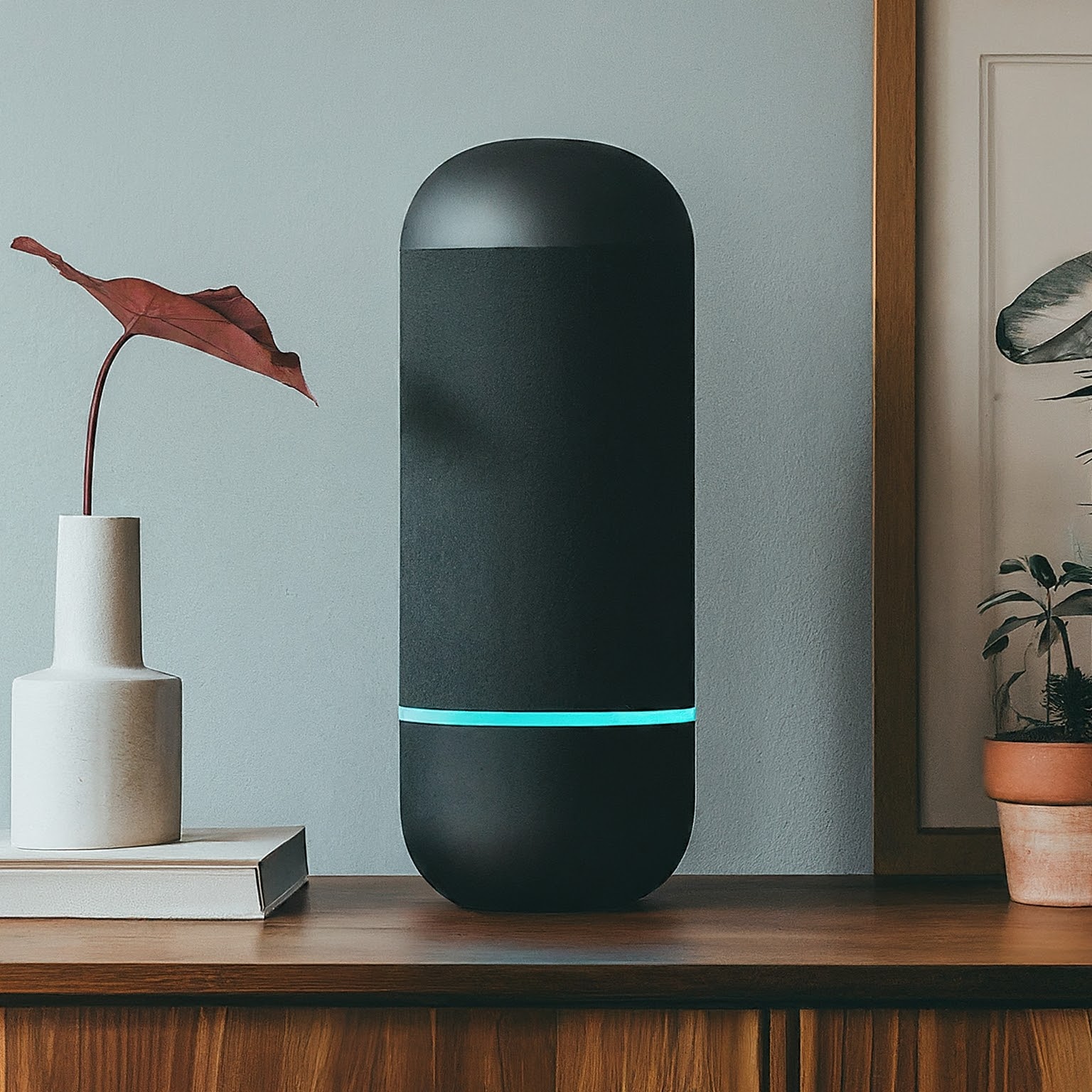A smart home manager is a software application or platform designed to centralize and control various smart home devices and systems. It serves as a digital hub, allowing users to manage their connected home environment efficiently and conveniently.

Key Features of a Smart Home Manager
- Device Integration: A robust smart home manager can integrate with a wide range of devices, including smart lights, thermostats, security systems, and appliances.
- Remote Control: Users can control their smart home devices from anywhere with an internet connection.
- Automation: Create custom routines and schedules to automate tasks and optimize energy efficiency.
- Voice Control: Integration with voice assistants like Amazon Alexa or Google Assistant for hands-free control.
- Security and Monitoring: Monitor home security systems, receive alerts, and control access to your home.
- Energy Management: Optimize energy consumption by controlling smart appliances and thermostats.
Benefits of Using a Smart Home Manager
- Convenience: Simplify daily routines by controlling multiple devices with a single platform.
- Efficiency: Optimize energy consumption and reduce utility bills.
- Security: Enhance home security with remote monitoring and control.
- Comfort: Create personalized home environments based on preferences and activities.
- Entertainment: Control smart TVs, audio systems, and other entertainment devices.
Choosing the Right Smart Home Manager
When selecting a smart home manager, consider the following factors:
- Compatibility: Ensure the platform supports your existing smart devices.
- Features: Evaluate the range of features offered, including device control, automation, and security.
- Ease of Use: Choose a platform with a user-friendly interface.
- Cost: Compare pricing plans and subscription fees.
- Security: Prioritize platforms with robust security measures to protect your data.
Popular Smart Home Manager Platforms
Several popular smart home manager platforms are available:
- Amazon Alexa: Offers a comprehensive ecosystem with voice control and integration with various smart devices.
- Google Home: Provides a similar experience with Google Assistant and a wide range of compatible devices.
- Apple HomeKit: Focuses on Apple devices and offers a secure and streamlined experience.
- SmartThings: Samsung’s platform provides a versatile solution with support for multiple device ecosystems.
The Future of Smart Home Manager
The smart home manager market is rapidly evolving, with new features and capabilities emerging constantly. Future trends include:
- Advanced Automation: More sophisticated automation rules and routines.
- Artificial Intelligence Integration: Leveraging AI for personalized recommendations and predictive actions.
- Enhanced Security: Improved security measures to protect against cyber threats.
- Interoperability: Greater compatibility between different smart home ecosystems.
- Voice Assistant Dominance: Continued growth of voice assistants as the primary interface for smart homes.

Conclusion
A smart home manager is essential for unlocking the full potential of your smart home. By carefully selecting a platform that meets your needs and preferences, you can create a comfortable, convenient, and secure living environment. As technology advances, we can expect even more innovative and powerful smart home manager solutions to emerge.